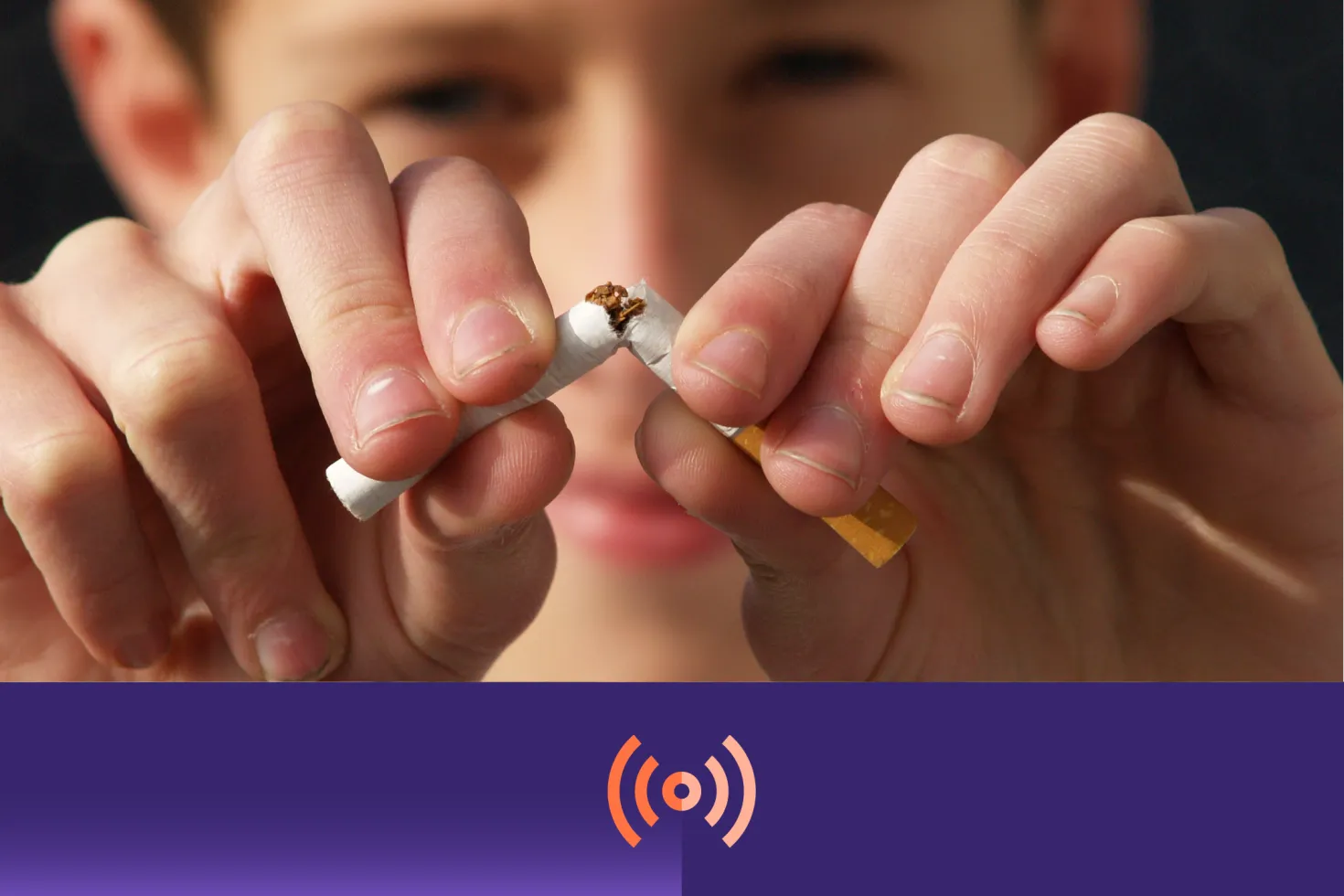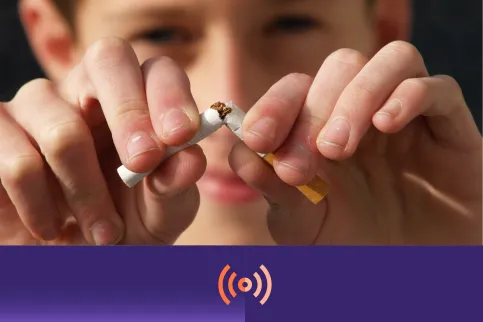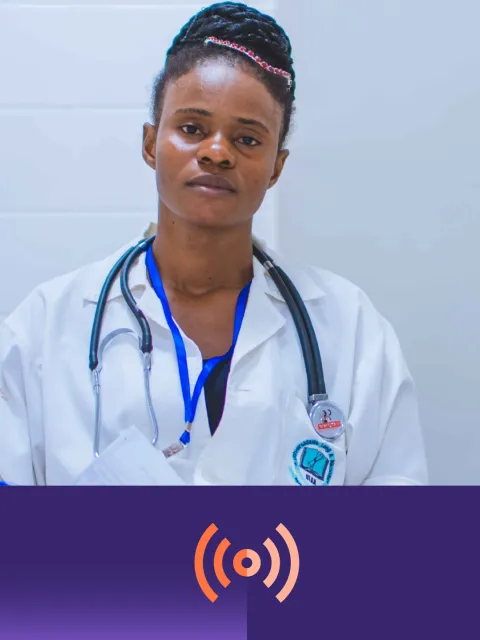Tobacco Control and Cancer series
UICC aims to engage all key stakeholders in the tobacco control and cancer communities in discussing key actions to ensure global committments on tobacco control translate into national policy actions ultimately leading to a reduction in the burden of tobacco-related cancer and other diseases.

Between one-third and one-half of cancer cases are preventable with the current knowledge and policy tools available. More than 8 million people die every year because of tobacco consumption, 3 million of these from cancer[1]. The WHO Framework Convention on Tobacco Control (FCTC) was developed to address the global tobacco epidemic and to support countries in their efforts to decrease the smoking prevalence and tobacco consumption. In line with the WHO FCTC, WHO introduced a set of six cost effective and high impact measures (MPOWER interventions) that help countries reduce demand for tobacco. Furthermore, the Global Strategy 2019-2025 was developed to accelerate tobacco control through a coordinated and focused whole-of-government, whole-of-society approach to achieve policy coherence, both domestically and internationally.
Despite these global measures, there is growing evidence that the tobacco industry is engaging in interference efforts particularly at national level to undermine anti-tobacco legislation as well as targeting populations in low- and middle-income countries (LMICs) and youth to expand their market, which will lead to more deaths in the coming years. As a public health organisation, UICC is committed to countering actions from the tobacco industry and to engage UICC members, the broader cancer community and beyond in ending the tobacco epidemic through the implementation of cost- effective legislation, policy, and interventions.
[1] GBD 2015 Risk Factors Collaborators. Global, regional, and national comparative risk assessment of 79 behavioural, environmental, and occupational, and metabolic risks or clusters of risks, 1990-2015: a systematic analysis for the Global Burden of Disease Study 2015. Lancet. 2016;388(10053):1659-1724. doi:10.1016/S0140-6736(16)31679-8
Registration
Check out the individual dialogues in the series as they become available below and register your participation from each event page:
Tobacco series
Tobacco Control and Cancer series: Building capacity for policy change | UICC

Tobacco Control and Cancer series: Aligning efforts, maximising impact | UICC


UICC's Virtual Dialogues provide members, and the cancer community, with regular opportunities to connect, exchange knowledge, access expert insights, and share solutions from the comfort of one's office or home.
Virtual Dialogues

UICC and the Canadian Partnership Against Cancer are organising a series of discussions looking at alcohol and cancer to help better inform and connect the cancer community.
Alcohol and cancer series

The breast cancer series aims to highlight these key issues and foster focused discussions amongst UICC members and renowned experts on key actions needed to reduce the global breast cancer burden.
Breast Cancer series

In this series UICC and partners bring global health leaders, advocates and policymakers together to discuss the challenges and solutions to creating an enabling environment towards the 90:70:90 targets by 2030.
Cervical Cancer Elimination series

UICC invited the cancer community to reflect on some of the changes set in motion by COVID-19, and discuss the implications for cancer prevention and control.
Cancer beyond COVID-19 series
Last update
Monday 30 January 2023